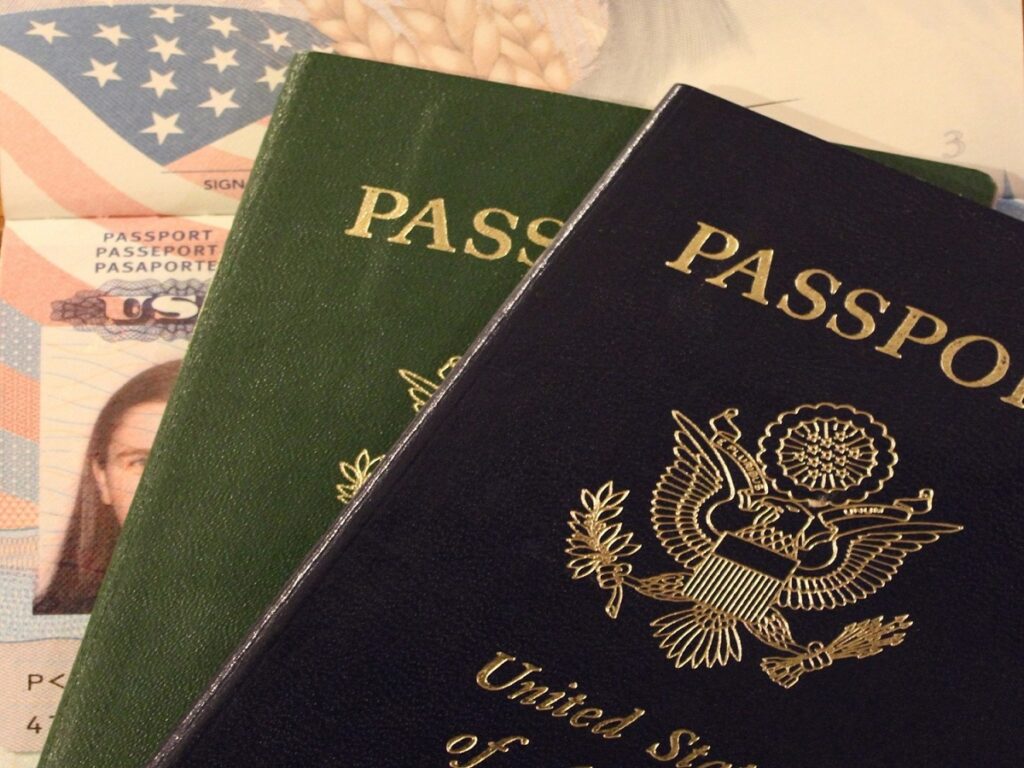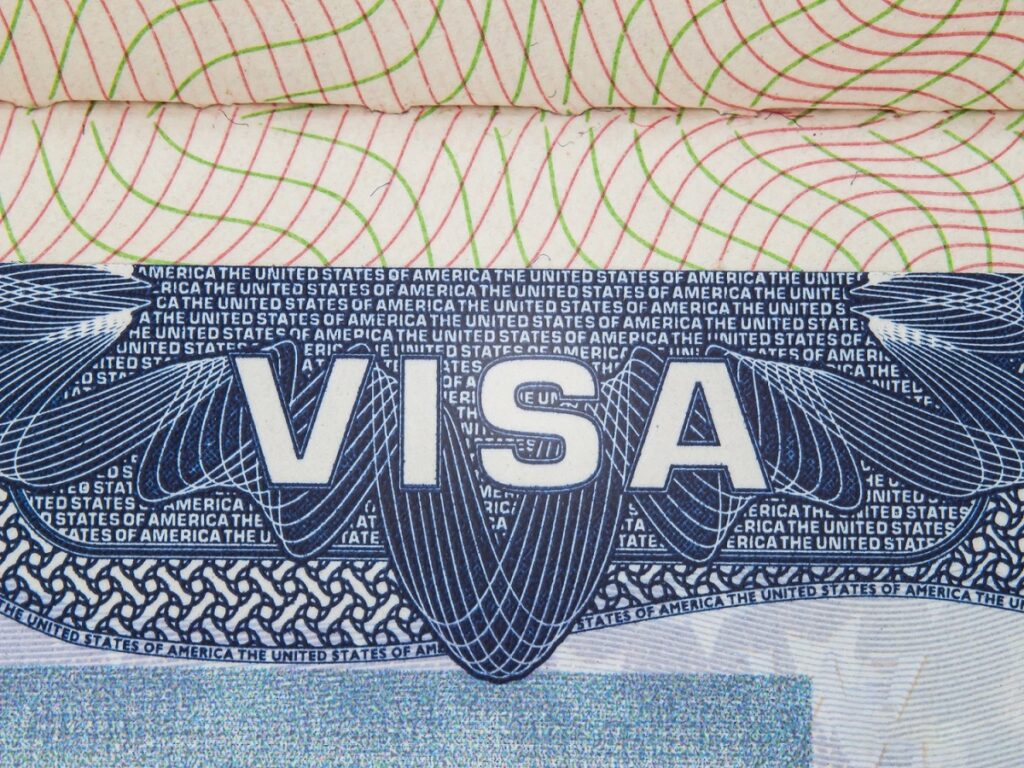Congress passed the Victims of Trafficking and Violence Protection Act (VTVPA) in 2000. This law created two nonimmigrant visas for victims of certain crimes and trafficking: the U visa and the T visa.
The U visa is for victims of certain crimes, while the T visa is for victims of human trafficking. These visas allow victims to remain in the United States. Also, they help in investigating or prosecuting the crimes committed against them.
This law grants temporary status to some individuals in the United States. These people have been victims of severe trafficking or have suffered significant physical or mental abuse due to criminal activity.
The legislation aimed to address the trafficking of individuals. These individuals are victims of sexual exploitation, slavery, and forced labor. It also aimed to renew federal programs to prevent violence against immigrant women and children. It offers similar immigrant benefits to those available to refugees, with the added possibility of obtaining permanent resident status.
Congress established the T and U visas to encourage victims of certain serious crimes, including human trafficking. The law encourages them to work with law enforcement to prosecute criminal offenders. These visas are available to victims of specific crimes. Both the T and U visas encompass human trafficking as a qualifying crime.
U Visas for Victims of Crime
The U visa is a nonimmigrant visa available to individuals who have been victims of certain criminal activities. They may have information about such activities. Individuals must undergo fingerprinting for criminal background checks to apply for a U visa. Also, you do not need to participate in an interview with the U.S. Citizenship and Immigration Services (USCIS).
Upon approval, applicants are eligible to receive a work permit. Those who get U visa status may be able to adjust to legal permanent resident status. This usually happens three years after receiving the U visa. Derivative visas may also be available to the spouse, children, parents, or in some cases, siblings of the primary applicant.
There is a yearly limit of 10,000 U visas, which only applies to primary applicants and not to derivatives. If no visa number is available at the time of application approval, the applicant will be on the waiting list. They will receive temporary immigration status and work authorization until there’s a visa number available.
Eligibility Requirements for a U Visa
- The person must be a victim, indirect victim, or qualifying bystander who has experienced significant physical or mental abuse as a result of one of the following qualifying crimes:
Rape, trafficking, torture, incest, sexual assault, domestic violence, abusive sexual contact, sexual exploitation, prostitution, female genital mutilation, peonage, involuntary servitude, being held hostage, slave trade, abduction, kidnapping, unlawful criminal restraint, blackmail, false imprisonment, extortion, murder, manslaughter, felonious assault, witness tampering, obstruction of justice, perjury, or an attempt, conspiracy, or solicitation to commit any of these crimes, or similar activities.
- The person must possess or have possessed information about the criminal activity.
- Law enforcement must certify that the victim was, is, or is likely to assist in investigating or prosecuting the criminal activity.
- The criminal activity must have violated U.S. law or occurred in the United States (including Indian country and military installations) or the territories and possessions of the United States.
- The victim must be admissible to the United States or qualify for a waiver of inadmissibility factors.
Applying for U Nonimmigrant Status (U Visa)
To apply for a U visa, submit the following:
- Form I-918, Petition for U Nonimmigrant Status
- Form I-918, Supplement B, U Nonimmigrant Status Certification, which must be signed by an authorized official of the certifying law enforcement agency.
- If any inadmissibility issues are present, you can file Form I-192 to request a waiver for any inadmissibility issue.
- A personal statement describing the criminal activity of which you were a victim; and
- Evidence to establish each of these requirements
T Visas for Victims of Trafficking
T visas are for victims of “a serious form of trafficking in persons.”
To apply for a T visa, individuals must undergo a criminal background check by fingerprinting. They may need to participate in an interview with an examiner from the United States Citizenship and Immigration Services (USCIS).
Upon approval, these applicants are eligible to receive a work permit. After the authorities grant a T visa, individuals may be able to apply for legal permanent resident status. This is usually after three years. Derivative visas are also available to the primary T visa holder’s spouses, children, and parents. It’s important to know that there is a yearly limit of 5,000 T-1 visas. They are available only to primary visa holders.
Sometimes there are no available visa numbers at the time of the application’s approval. In that case, the applicant will be on a waiting list. Additionally, they’ll get a temporary immigration status until a visa number becomes available.

Eligibility Requirements for the T Visa:
An individual may be eligible for a T visa if:
- The person is or was a victim of a “severe form of trafficking in persons.” This may include sex or labor trafficking of a person younger than 18 years of age or recruiting a person through force, fraud for the purpose of peonage, involuntary servitude, or slavery.
- The person is present in the United States, the Commonwealth of the Northern Mariana Islands, American Samoa, or at a U.S. port of entry as a result of trafficking;
- The victim has shown that they will suffer extreme hardship involving unusual and severe harm if they were removed from the United States.
- The individual has complied with any reasonable request for assistance in a trafficking investigation or prosecution, is less than 18 years old, or could not comply due to physical or psychological trauma.
Applying for T Nonimmigrant Status
The individual applying must submit the following:
- Form I-914 and a personal statement describing the trafficking they experienced.
- Evidence of assistance to a law enforcement agency or proof of qualification for the exemption. Other evidence, such as communication records with law enforcement, police reports, news articles, affidavits, etc., are also admissible.
- Proof that shows you meet all the requirements
- Proof that you’re admissible or form I-192 to apply for a waiver.
Related: 16 Years for U VISA
Differences between U and T Visa
T Visa Applicants Must Be Victims of Trafficking
To be eligible for a T visa, the person must be present in the United States due to human trafficking. This is different from the U visa, where a person could be in the U.S. for any purpose, and offenders subject them to human trafficking or any qualifying crime.
For a T visa, It s not necessary to show that the person “knew” that they would be in the United States for the purpose of trafficking.
U Visa Applicants Are Required to Cooperate With Law Enforcement, While T Visa Applicants May Not Cooperate
Like the U visa, T visa applicants must comply with a reasonable request to cooperate with law enforcement officials handling the human trafficking crime. However, If a person is a minor or unable to cooperate due to physical or psychological trauma, they may not comply.
U Visa Applicants Must Show Substantial Abuse, While T Visa Applicants Must Show Extreme Hardship If Denied
U visa applicants must show that they suffered “substantial physical or mental abuse” due to the qualifying crime. Conversely, applicants for a T visa do not necessarily have to provide the document, even though it could be helpful in the investigation.

However, T visa applicants must show extreme hardship if they are removed from the U.S. To prove this, they must show medical need, the government of their home country failing to prosecute trafficking offenders, and stigmatization in their home country because they are victims of trafficking.
Similarities between U and T Visa
- Both visas are subject to a cap. U visa has an annual limit of 10,000 visas, and T visa has a limit of 5,000 T visas. USCIS continues accepting applications with the limit but will not grant a visa to a successful a[pplicant until visas become available.
- Both visas permit principal applicants to apply for derivative visas for qualifying family members, and they can all adjust their status to U.S. Permanent Residency status (Green Card status).
Do You Need to Talk to an Immigration Attorney About How to Get a U visa or a T visa?
If you need to talk to an immigration attorney, we can help you. Call our office at 914-481-8822 to schedule a consultation with an experienced, knowledgeable immigration attorney who can answer your questions and give you the legal advice you need.
@immigrationlawyer_usa U Visa step by step #immigrationlawyer_usa #immigrationlawyer #immigrationattorney #immigrationlaw #immigrationadvice #immigration #immigrationusa #abogados #abogadostiktok #abogadoinmigracion #inmigracion #greencard #greencardlawyer #greencardmarriage #deportation #deportacion #asylum #asilo#uvisa #visa
♬ original sound – Gergana Genova – Gergana Genova


